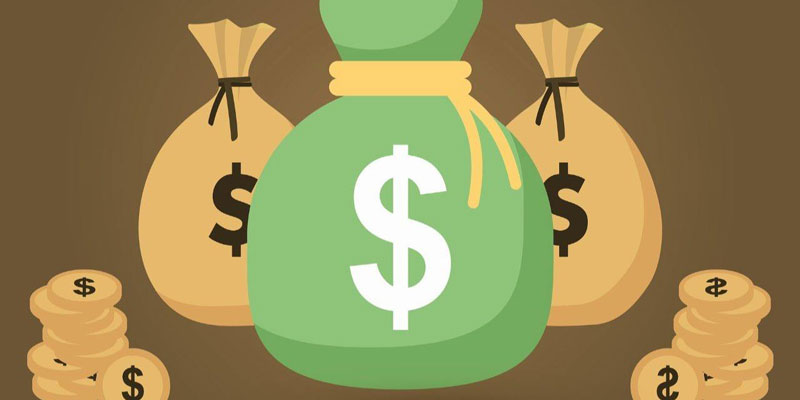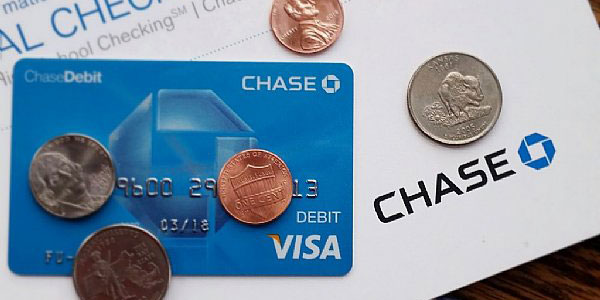A depositis a word that refers to moneythat is retained or held in a bank account to earn interest on the money. To guarantee that the goods are delivered on time, it is necessary to put down a deposit. A deposit is any transaction completed to send money to an organization to preserve it.
How does a Deposit work?
However, although the phrase "deposit" is most often linked with financial transactions, it may also refer to various other circumstances. The following are the two most likely interpretations of the phrase:
First and foremost, the term "deposit"refers to the act of sending an amount of money to another organization for that organization to keep control over the funds that have been handed to the organization. Financial institutions like credit unions and banks accept depositsfrom investors in the form of moneydeposited into their savings or checking accounts at the relevant financial institutions. In any case, the money transferred remains the property of the organization that made the initial deposit, and that organization retains the right to transfer the funds to another organization's account,withdraw any portion of the funds at any time, and/or use the cash to purchase goods and services at any time.
It is usual practice for people to be required to make a depositin the amount of a certain money before they may create a bank account. Depositing the bare minimum amount is the very minimal amount that must be deposited before playing. Transaction deposits, which make for the vast majority of all deposits, let users to access their cash immediately and without penalty.
The use of a depositmay also be advantageous when a certain sum of money is required as a guarantee in return for the delivery of goods or the provision of services. Trading in futures contracts requires traders to first make a depositwith organizations such as brokerage companies in order for the transaction to be completed successfully. As a matter of fairness, a number of contracts require the payment of an advance deposit before the goods may be delivered.
The many kinds of Deposits

The two most prevalent forms of deposits are as follows:
Time Deposit
A time deposit is a kind of bank deposit in which the interest rate and maturity duration are predetermined. If a person has to withdraw money from a time deposit account before the term has expired, he or she will be required to pay a penalty to the financial institution that issued the time deposit account.The amount of the penalty is established by the issuer; as is the length of time the deposit is kept in their possession.
An individual who puts $4000 in a fixed-rate certificate of deposit (CD)with a term of two years will get a 5 percent return on their investment. If the deposit remains at the same level for the first year, the total amount will be $4,200. The final deposit amount is $4,410, for a total deposit of $4,410. The total deposit is $4,410.
Deposit accounts that are held for a period of time get higher interest rates than traditional savings accounts. Temporary deposits are interest-bearing accounts that provide a greater rate of interest than traditional savings accounts on a consistent basis. A time deposit is often referred to as a time depositary receipt. Account holders have the option of withdrawing cash or depositing money for use at a later date after the term has expired.
Financial institutions utilize it to supply financial goods like loans to approved organizations or people. In common with conventional savings accounts, time deposit funds are utilized to supply financial products to qualifying businesses or people. In order to make money, banks charge higher interest rates to daily depositors who use time deposit accountsthan to those who do not.
Demand Deposit
When money is deposited with a financial institution, it is known as a "demand deposit. "Demand deposits pay less interest than time deposits since their lock-in periods are shorter.
The following are three distinct kinds of demand deposit accounts:
- Account Checking: With a checking account, you may easily access your money by using debit cards, ATMs, or by making checks. As a result, a checking account improves the short-term liquidity of small enterprises.
- Money Market Account:Interest rates on money market accounts change daily because they are linked to the market. It is therefore possible to find a savings account that gives a greater or lower interest rate than a checking account.

- Term Deposit:Long-term savings accountsare a subset of these. As with checking accounts, savings accounts have greater rates of interest but lower liquidity. Direct check withdrawals are not permitted. If you take your money out of the bank early, you may be charged a fee.


